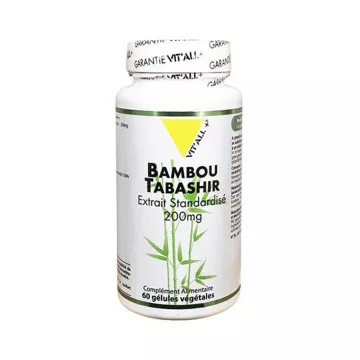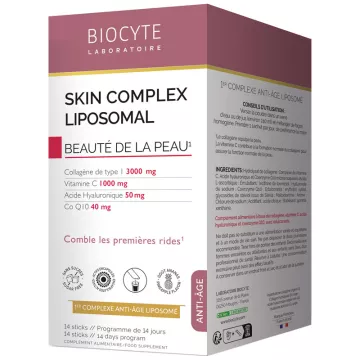


Skin beauty is a universal quest, transcending ages and cultures. In a world where personal image takes center stage, understanding and applying the fundamental principles of skincare becomes essential.
What defines beautiful skin?
Beautiful skin is often seen as a reflection of overall health and well-being. Bright, blemish-free, well-moisturized, elastic skin is generally associated with youth and vitality. Genetics play a role, but daily care, diet, hydration and protection from harmful elements are just as crucial.
How can I improve my skin's texture?
Improving your skin's texture starts with the right skincare routine, including gentle but effective cleansing, moisturizing adapted to your skin type, and regular exfoliation to remove dead cells. Using products containing key ingredients such as hyaluronic acid, retinol, and vitamins C and E can also contribute to significant improvement.
Which skincare routine is ideal for beautiful skin?
An ideal routine for revealing beautiful skin includes:
How does diet influence skin beauty?
A diet rich in fruits, vegetables, lean proteins and essential fatty acids provides the nutrients needed to keep skin healthy. Antioxidants found in foods like berries, nuts and green tea can help fight free radical damage, while water and moisturizing liquids support skin hydration and elasticity.
What factors damage the skin's beauty?
Several factors can compromise skin beauty, including:
How can I protect my skin from external aggressors?
To protect your skin's beauty from external aggressors, adopt the following habits:
How can I identify my skin type?
Identifying your skin type is crucial to choosing the right skincare products. The main skin types are: normal, dry, oily, combination and sensitive. To determine your skin type, wash your face with a mild cleanser, then wait an hour. If your skin feels tight, it's probably dry. If it's shiny, especially on the T-zone (forehead, nose, chin), you have oily or combination skin. If none of these conditions apply, your skin is normal. Redness and itching indicate sensitive skin.
Can the signs of aging be reversed?
While it's impossible to stop aging altogether, it is possible to slow down the signs of it with the right skincare routine and healthy lifestyle choices. Products containing antioxidants, retinol, hyaluronic acid and peptides can reduce the appearance of wrinkles and improve skin elasticity. Daily sun protection is essential to prevent further damage.
How to treat acne effectively
Treating acne involves a skincare routine that regulates sebum production, eliminates dead skin cells, and fights bacteria. Use cleansers containing salicylic acid or benzoyl peroxide. Niacinamide-based lotions can reduce inflammation. In more severe cases, consult a dermatologist who can prescribe suitable treatments, such as topical retinoids or antibiotics.
What ingredients should I avoid in skin care products?
Certain ingredients can be harmful or irritate the skin, including :
Choose products formulated without these ingredients to preserve your skin's beauty.
How important is exfoliation, and how should it be carried out?
Exfoliation helps remove dead cells from the skin's surface, promoting a brighter complexion and improved texture. For sensitive skin, opt for gentle chemical exfoliants such as lactic acid or glycolic acid, which dissolve cell bonds without friction. Normal to oily skin can benefit from more robust exfoliants, such as fine-grain scrubs. Limit exfoliation to 1-2 times a week to avoid irritation.